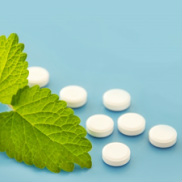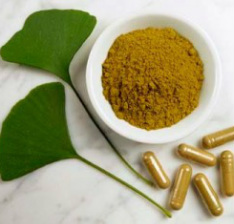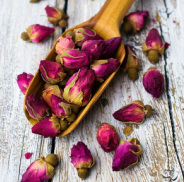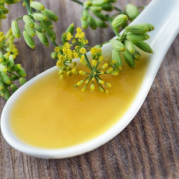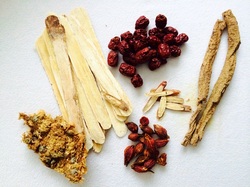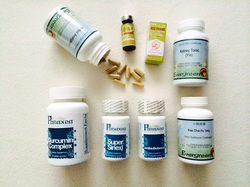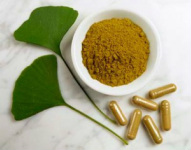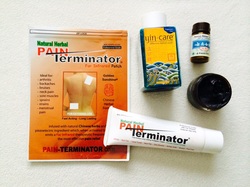Herbology & Chinese Herbs
|
How Do Herbs Work?
Herbal remedies have been used for thousands of years as a natural and safe way to restore health and to balance the body. As a matter of fact, many of our modern-day pharmaceutical drugs are derivatives of these herbs - Aspirin, for example, was inspired by Willow bark, and the heart medication Dioxin was derived from Foxglove. This also means that herbs are powerful medicinals, and it is important to consult with a licensed herbal practitioner before starting any regime of herbal remedies.
Unlike western drugs, which use one isolated substance to powerfully suppress symptoms of a disease (i.e. relieve headaches or lower blood pressure), and herbal formula combines many different herbs to address the symptoms as well as the underlying root causes of the disease. They can be used internally in form of capsules or powders that are dissolved in water, or as patches or tinctures that are applied topically. Herbs can be used for many different conditions. The strong anti-viral and antibiotic properties of some herbs make them very effective in combating acute conditions like the flu, tonsillitis, sinusitis, or other viral or bacterial diseases. Herbs are also effective at treating chronic conditions like allergies, chronic fatigue syndrome, autoimmune-related illness, gastrointestinal disorders, menstrual irregularities and many others by strengthening and supporting the body to help it heal and re-balance itself. During flu season, herbs can help prevent disease from happening in the first place. But are Chinese herbs really safe? The answer is YES! We only use herbs from reputable suppliers (Evergreen Herbs, Panaxea, and Brion/Sun-Ten Herbs) who test herbs for safety and contaminants. If prescribed by a licensed medical herbalist, herbs can safely treat many acute and chronic conditions with minimal or no side effects. Herb of the Month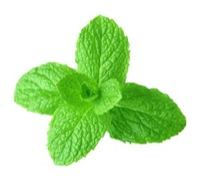
Mint
Most of us think of mint as nothing but an option for herbal teas, but it is actually a medicinal herb. Mint works great for the common cold, cough, sore throat or mouth, and sinus infections. It can help with gastrointestinal issues like nausea, heartburn, morning sickness, IBS, and bloating, and its fresh aroma can help us get ready for spring by alleviating the winter blues. Peppermint essential oil can be applied to the skin for relief of headaches, muscle pain, tooth aches, or joint pain. For cold prevention, make a tea of mint with chrysanthemum flowers and sip throughout the day. |
Herbal Applications
For more information on herbs, homemade herbal remedies, how to grow your own herbs and other herb-related topics, check out my RESOURCE page.
|
